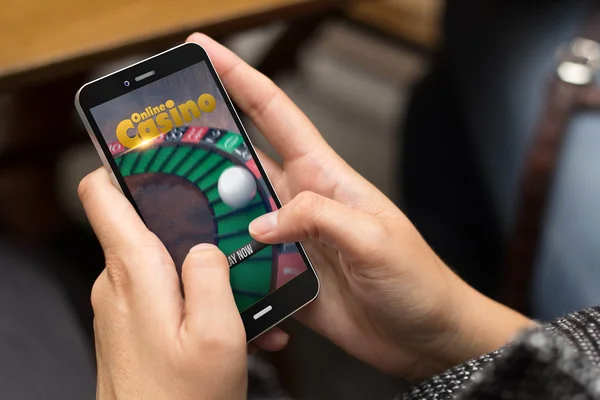
Introduction: Understanding Gambling Behavior
Gambling is often viewed as a form of entertainment, but it can also be influenced by complex psychological factors. Emotions play a significant role in gambling behavior, affecting decision-making, risk tolerance, and the overall gambling experience. This article explores the psychological aspects of gambling and how managing emotions can improve gambling behavior and reduce the risk of addiction.
The Role of Emotions in Gambling
Emotions are integral to the gambling experience. For many, the thrill of the game is linked to emotional highs and lows. The excitement of winning can lead to increased motivation, while losing can provoke frustration, anxiety, and even desperation. These emotional reactions can cloud judgment, leading to impulsive decisions and risky behavior. Understanding the role emotions play is crucial to managing gambling in a healthy way.
Common Emotional Triggers in Gambling

Several emotions can trigger gambling behavior, including:
- Excitement: The thrill of a potential win can lead to overconfidence and poor decision-making.
- Frustration: Losing streaks can cause feelings of anger or helplessness, encouraging gamblers to continue playing in an attempt to “get even.”
- Escapism: Some individuals gamble to escape stress, anxiety, or depression, leading to a cycle of emotional dependency.
- Optimism: A belief that a win is “just around the corner” can create an illusion of control over outcomes, increasing the likelihood of continued gambling.
Managing Emotions While Gambling
To gamble responsibly, it’s important to manage emotions effectively. Here are a few strategies that can help:
- Set Limits: Establish a budget for your gambling and stick to it, regardless of the outcome. This helps prevent emotional spending.
- Acknowledge Your Emotions: Recognize when emotions like frustration or excitement are influencing your decisions and take a step back.
- Practice Mindfulness: Engage in mindfulness techniques such as deep breathing or meditation to stay grounded and avoid impulsive decisions.
- Take Breaks: If you’re feeling overwhelmed or emotional, step away from the gambling environment to reset your mindset.
- Focus on the Fun: Remember that gambling should be viewed as a form of entertainment, not a way to make money or escape problems.
Psychological Effects of Gambling Addiction
For some individuals, gambling can lead to addiction, where the need to gamble becomes compulsive. Gambling addiction is often linked to an inability to manage emotions, with affected individuals using gambling as a way to cope with negative feelings such as depression, stress, or loneliness. This can create a dangerous cycle, where the emotional highs of winning temporarily mask the emotional lows of losing, leading to a constant need for more gambling to achieve the same sense of excitement.
How to Seek Help: Resources for Problem Gamblers
If gambling is negatively affecting your life, it’s important to seek help. Here is a table with resources for individuals who need support with managing gambling behaviors:
| Resource | Description | Website/Contact |
|---|---|---|
| Gamblers Anonymous | A fellowship of individuals who support one another in overcoming gambling addiction. | www.gamblersanonymous.org |
| National Council on Problem Gambling | Provides resources and support for individuals and families dealing with gambling problems. | www.ncpgambling.org |
| Gambling Therapy | Online support for people who are affected by gambling problems, offering forums and chat services. | www.gamblingtherapy.org |
| 1-800-GAMBLER | A confidential helpline for individuals seeking assistance with gambling issues. | 1-800-426-2537 |
Conclusion: Maintaining Emotional Balance
Understanding the psychological impact of gambling is crucial for both casual players and those at risk of addiction. By recognizing emotional triggers and implementing strategies for emotional regulation, individuals can engage in gambling responsibly. Remember that if gambling is no longer enjoyable or becomes a source of stress, seeking help and taking steps to regain control is always an option.
